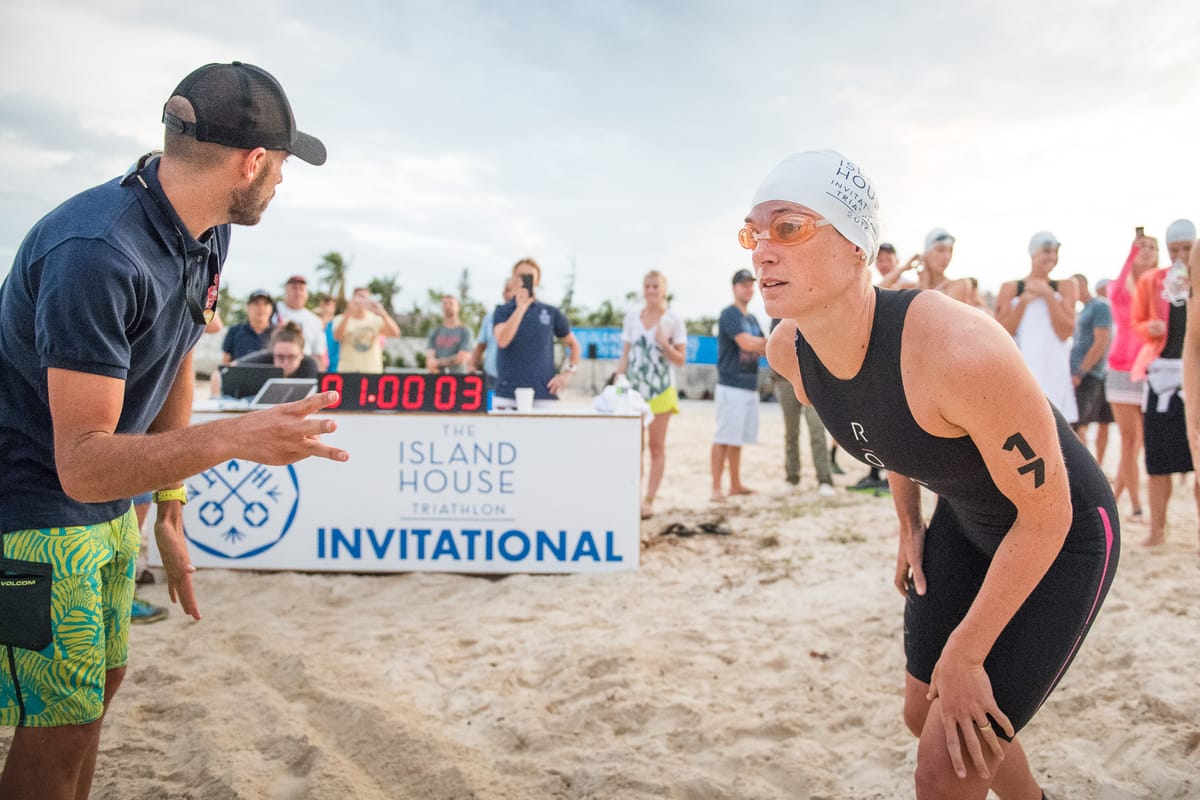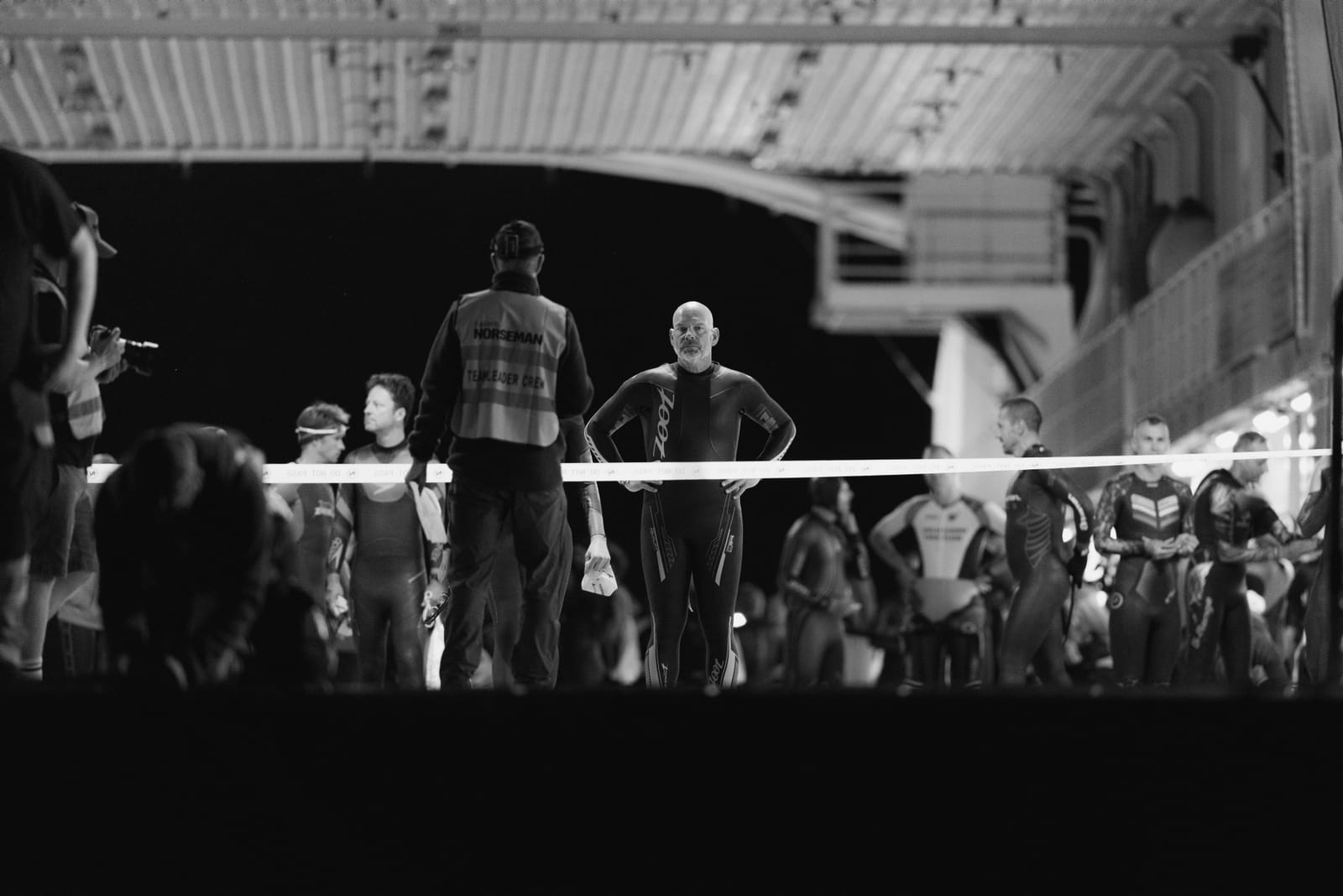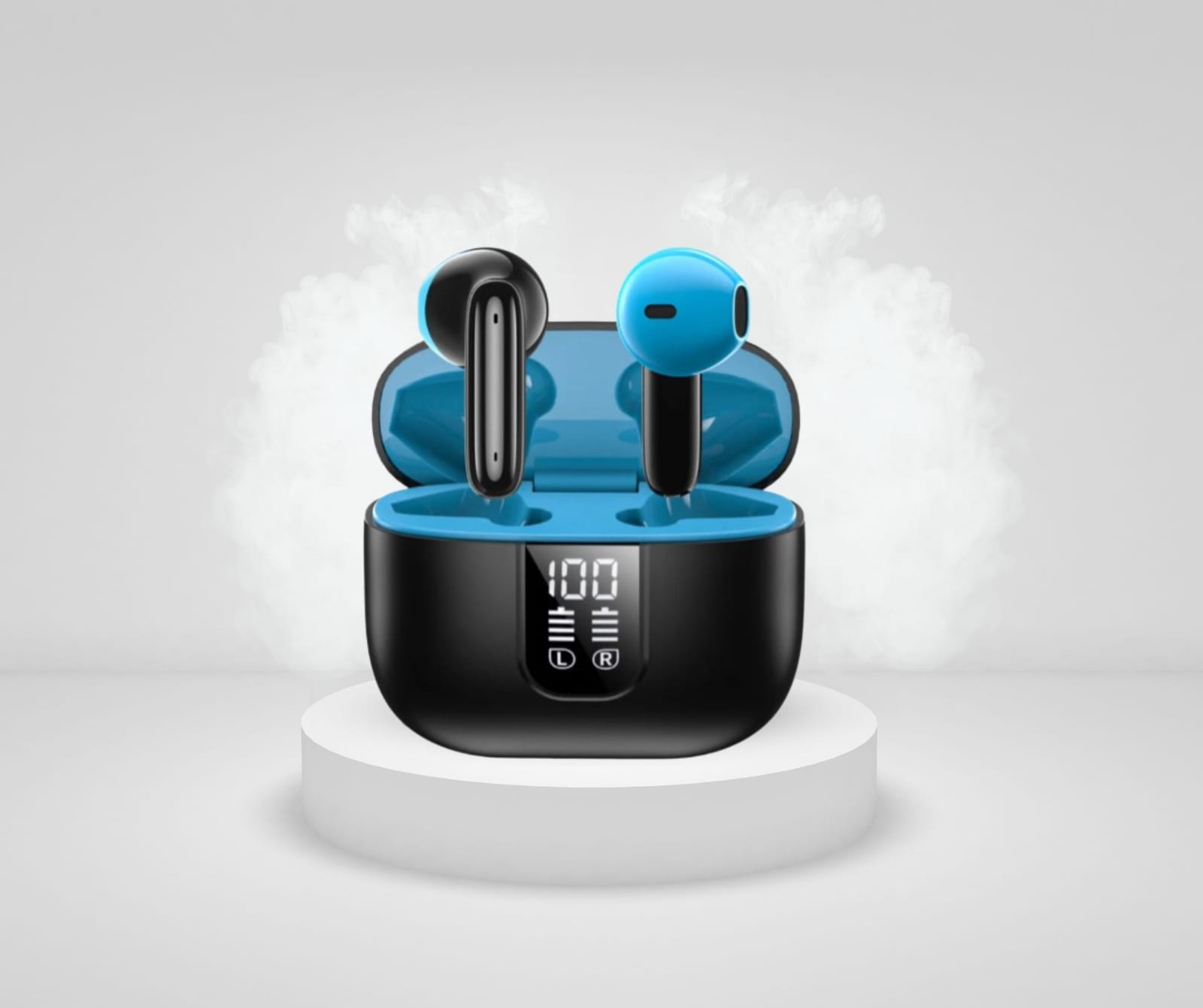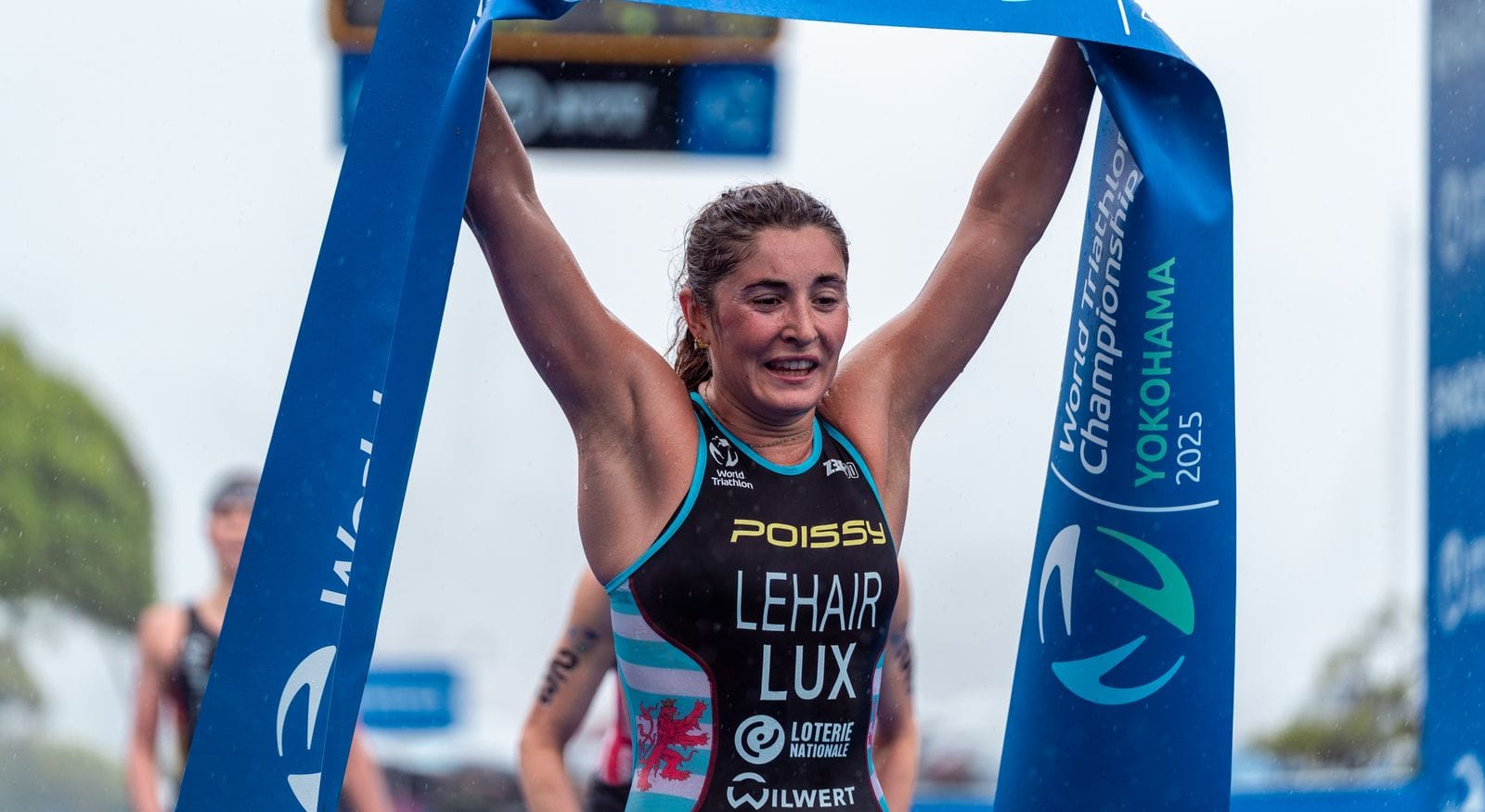Cardiac arrest and sudden death are luckily rare in age group races, but unfortunately, they do happen. While critics blame under training, no link had ever been found between under training and cardiac arrests or sudden death in age groupers. Luckily, the results of a new study investigating the death and cardiac arrest within US triathlon participants in races between 1985-2016 has been published. Building on a previous study, here’s what we learned:
- A majority of sudden deaths and cardiac arrests occur in the swim segment
- 15 trauma-related deaths took place during the bike segment
MEN
- Risk increased dramatically with age
- Risk is much greater for those aged 60 or older (18.6 per 100,000 participants)
WOMEN
- The potential for sudden death and cardiac arrest is much lower than for men
- Risk increases only slightly with aging
Age groupers listen up! Here are the key findings
- The majority of victims are male
- Almost 40% of casualties were first-time triathlon participants
- No elite or professional athletes were among the victims
- The risk is similar regardless of the race distance
- The majority of deaths occur during the swim segment
Does event distance increase risk or sudden death and cardiac arrest?
The study says no. After looking at the risk across short, intermediate and long races, the risk was similar across all race distances.
Does health matter?
Yes. During an autopsy, 44% of the deceased athletes were found to have “clinically relevant cardiovascular abnormalities, most frequently atherosclerotic coronary disease or cardiomyopathy.”
Essentially, this means that 44% of the few athletes in the study who were autopsied (27 of 61) were found to have pre-existing heart disease.
What is atherosclerosis and can you prevent it?
One of the abnormalities mentioned was an atherosclerotic coronary disease. Atherosclerosis means deposits of cholesterol, calcium and other substances congeal into plaques that cling to the walls of arteries in the body.
Over time, this causes narrowing of the arteries and restricts blood flow. Bits of plaque can break away and cause blood clots, cutting off the blood flow to the heart leading to a heart attack. Sometimes these clots can cut off blood flow to the brain, causing a stroke.
Diet, regular exercise and lifestyle habits can prevent the development of atherosclerosis. If you’re over 40, avoid turning into the stereotypical red meat, red wine, deep fried food-loving man as it will put your heart at risk.
This shows the importance that age groupers, particularly men over 60, maintain a holistic approach to healthy lifestyles, not just regular training.
Age groupers over 40 need heart checks…now
If you’re a male age grouper over 40, get your heart checked now. It’s important to know if you’re putting yourself at risk by entering triathlons.
Once you’ve had your heart checked out, take your training to the next level when it comes to the swim. The swim is by far the riskiest leg of a race, so make sure you’re able to manage a swim and have done plenty of practice.
Are age group deaths common?
No, the specialists want you to know risks are going down. “There have been fewer fatalities in the most recent years—and only a single death this year at USAT-sanctioned races. I believe that our efforts at bringing awareness of the importance of heart health among participants and the importance of safety planning for the swim segment have already paid dividends,” said Lawrence Creswell, MD, adult heart surgeon.
This study is a wake-up call for some and reinforces what many already thought. It’s great news to hear longer distances don’t increase risk, so if you’ve got your sights set on Ironman, go for it. (after you get your heart checked of course).







